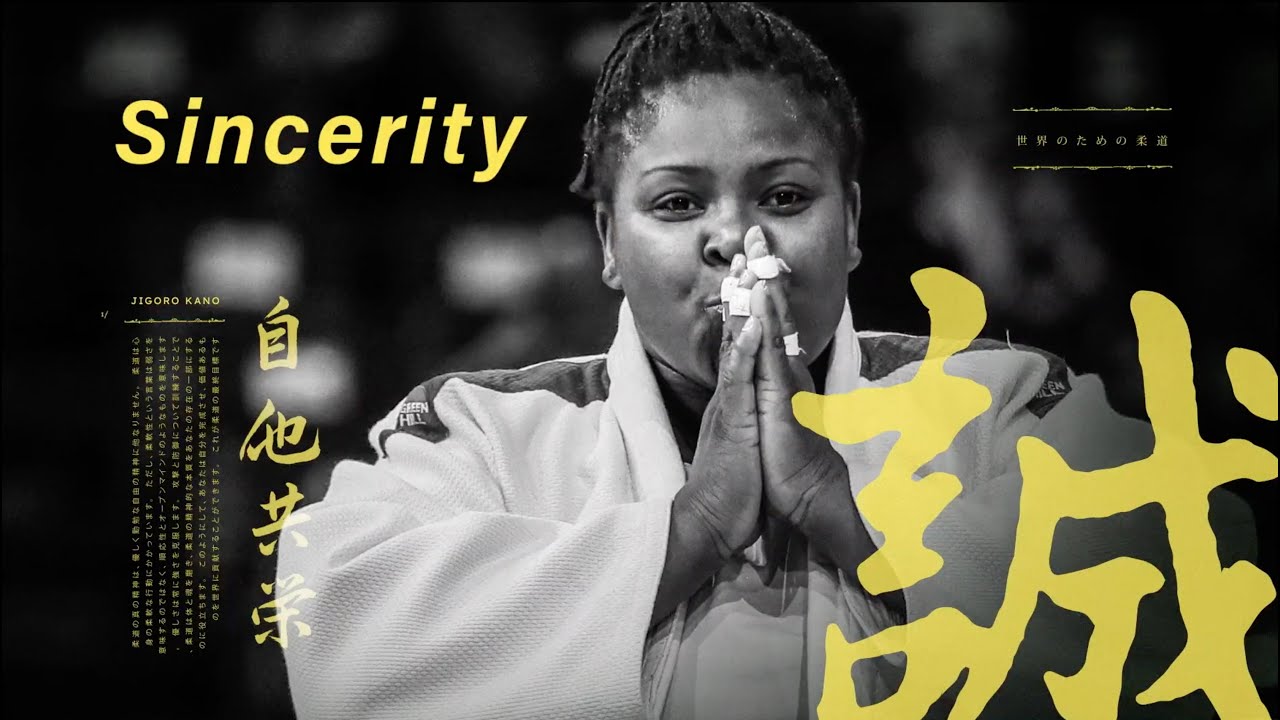Marvelous - (Hope is Vital)
Summary
TLDRIn 1998, the narrator met Prisca Maholo, a counselor who profoundly impacted their life, especially after learning about their HIV status. This pivotal encounter inspired a holistic approach to supporting women. The narrator's diverse roles in Canada, from research assistant to community expert, have allowed them to bring hope to women facing challenges. Balancing personal values with professional ethics, they strive to maintain authenticity while serving their community, seeking to merge the best of their African and Canadian experiences for the benefit of those they serve.
Takeaways
- 🌟 The narrator's life was profoundly impacted by Prisca Maholo, a counselor and activist, whom they met by chance in 1998.
- 😢 The narrator recalls the emotional pain of learning their HIV status in 1995 and the subsequent grief over their mother's mental illness and daughter's death.
- 🌈 Prisca's holistic counseling approach helped the narrator address not only HIV-related issues but also broader personal challenges.
- 🌐 After moving to Canada, the narrator engaged in various research projects, embodying multiple roles within the community.
- 💪 The narrator's interactions with women aim to instill hope, especially for those who have faced significant adversity.
- 🏡 As a woman with multiple roles, the narrator is influenced by community values and the collective nature of Zimbabwean society.
- 🤔 The narrator grapples with the challenge of balancing personal empathy with the professional detachment required by social work ethics.
- 🎩 The narrator faces the complexity of representing a diverse community, often being viewed as either a traitor or a hero depending on their role.
- 🤝 The narrator seeks to authentically support peers while maintaining professionalism, pondering the integration of African and Canadian experiences.
- 🌍 The narrator aspires to provide the best of both worlds to the community they serve, combining the insights gained from different cultural contexts.
Q & A
When did the narrator first meet Prisca Maholo?
-The narrator met Prisca Maholo in 1998.
Why was the narrator originally scheduled to meet with a male counselor?
-The narrator was scheduled to meet with a male counselor for post-test counseling, but he was delayed.
How did Prisca Maholo's counseling impact the narrator?
-Prisca's counseling was life-saving for the narrator, making them feel loved and understood. It also shaped the way the narrator now provides support to women.
What significant events in the narrator's life did they discuss with Prisca?
-The narrator discussed their HIV status, their mother's mental illness, the death of their daughter, and their anger towards God, their ex-partner, and the world.
How did the narrator's experience with Prisca influence their approach to helping others?
-The experience led the narrator to adopt a holistic approach to providing support to women, considering not just their HIV status but also their other life challenges.
What roles has the narrator played in research projects after migrating to Canada?
-The narrator has been a peer, service provider, community expert, research assistant, and recruiter in research projects.
What is the narrator's goal when interacting with women in their work?
-The narrator aims to bring hope to women who have faced challenges and may have given up hope.
How does the narrator's identity as a Zimbabwean influence their work?
-As a Zimbabwean, the narrator believes in a collective society where sharing stories becomes part of one's own story, which influences how they connect with others.
What challenges does the narrator face when balancing their personal values with professional ethics?
-The narrator struggles with detaching from their personal identity due to social work values, ethics, professionalism, and boundaries.
How does the narrator feel about representing their community in high-level meetings or conferences?
-The narrator feels a responsibility to bring the diverse voice of their community but acknowledges the complexity of this task and the potential for being seen as either a traitor or a hero.
What does the narrator wish to achieve in terms of combining their experiences from Africa and Canada?
-The narrator wishes to integrate the best aspects of their experiences from both Africa and Canada to benefit the community they serve.
Outlines

Cette section est réservée aux utilisateurs payants. Améliorez votre compte pour accéder à cette section.
Améliorer maintenantMindmap

Cette section est réservée aux utilisateurs payants. Améliorez votre compte pour accéder à cette section.
Améliorer maintenantKeywords

Cette section est réservée aux utilisateurs payants. Améliorez votre compte pour accéder à cette section.
Améliorer maintenantHighlights

Cette section est réservée aux utilisateurs payants. Améliorez votre compte pour accéder à cette section.
Améliorer maintenantTranscripts

Cette section est réservée aux utilisateurs payants. Améliorez votre compte pour accéder à cette section.
Améliorer maintenantVoir Plus de Vidéos Connexes
5.0 / 5 (0 votes)






